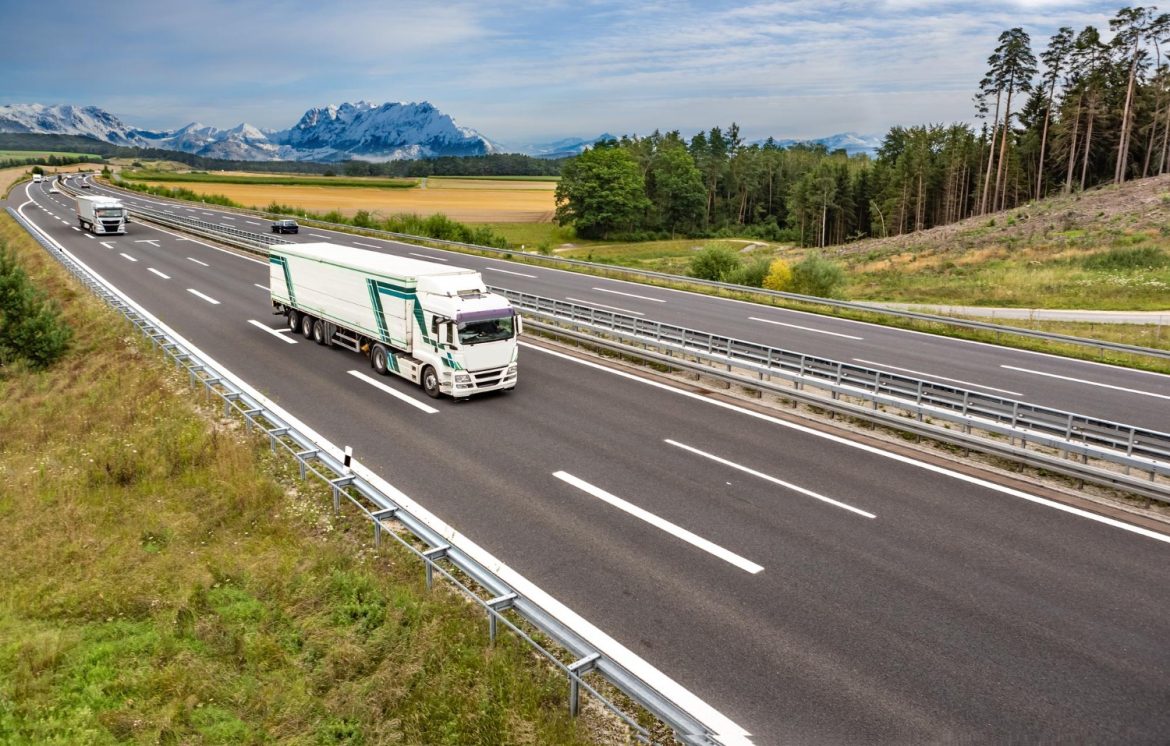The Government of Spain has launched a crucial initiative to accelerate the decarbonization of the transport sector with the Draft Royal Decree to promote renewable and low-carbon fuels. As recently as July 3, 2025, this regulatory draft was submitted to a public consultation process by the Ministry for the Ecological Transition and the Demographic Challenge (Miteco). The purpose of this consultation was to gather the opinions and observations of all affected social and economic stakeholders, thus enriching the text and identifying potential unforeseen technical, legal, or economic aspects before its final approval.
This participatory process, far from being a mere formality, was a fundamental tool of transparent governance and was aimed at a broad spectrum of key actors: from oil companies and producers of biofuels and green hydrogen, to logistics operators, consumer associations, environmental entities, regional and local administrations, and academic experts.
The ultimate goal is to ensure that the final regulation is robust, effective, and consensual, giving it greater social legitimacy and facilitating its effective application.
In essence, the document’s content addresses the urgent need to decarbonize transport, especially in modes where direct electrification is more complex, such as aviation, maritime transport, or heavy goods transport. The project is part of compliance with the Climate Change Law and transposes the ambitious objectives established in the European RED III directive into Spanish law.
The raison d’être and core of this Royal Decree is to establish a mandatory minimum target for the share of energy from renewable and low-emission fuels. The ambition is clear: starting from 0.1% in 2025, the share will progressively increase to reach a significant 9.5% by 2035. This ascending schedule aims to provide certainty and stability to the market so it can develop the necessary production capacity.
The text precisely defines what is considered an eligible fuel, such as green hydrogen and derived e-fuels (e-kerosene, e-diesel), as well as low-emission fuels, which must demonstrate an emission intensity at least 70% lower than fossil fuels. Furthermore, it establishes rigorous sustainability criteria to ensure their production genuinely contributes to climate goals.
The obligation for compliance will fall directly on fuel suppliers (manufacturers and importers). They will be responsible for ensuring that the percentage of clean energy in their annual sales reaches the quota set for each year, having to certify it through a system of verified guarantees of origin. An administrative registry under Miteco will oversee the market and verify compliance.
Once the consultation phase is overcome and submitted to the governing bodies for final approval, this royal decree will become a solid and detailed regulatory framework. Its mandatory implementation will lay the groundwork to boost investment, reduce dependence on fossil fuels, and fulfill Spain’s climate commitments, marking a milestone in the ecological transition of a key sector for the economy.
Have any thoughts?
Share your reaction or leave a quick response — we’d love to hear what you think!





